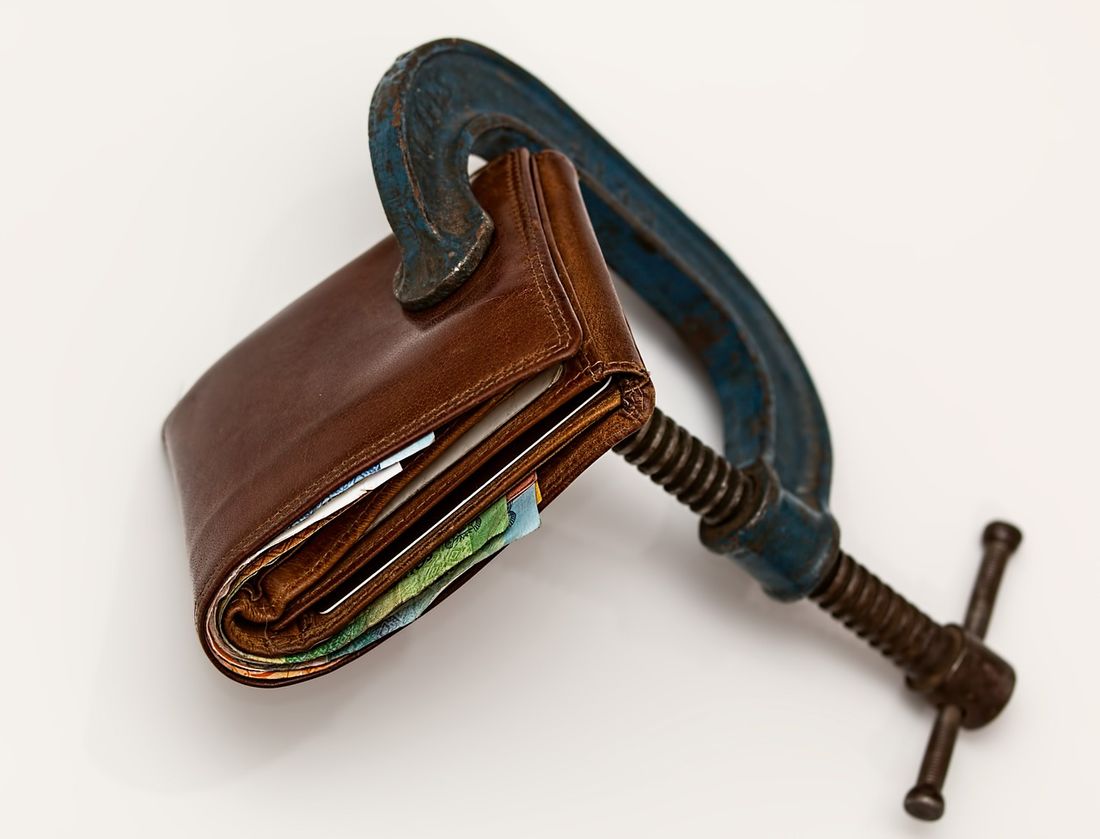5 Things You Might Not Know About Your Super Fund
 Superannuation funds—whether you have a self-managed or retail fund—are associated with a number of rules and regulations, and they can sometimes catch retirees off guard. Here are a few things you might not have realised.
Superannuation funds—whether you have a self-managed or retail fund—are associated with a number of rules and regulations, and they can sometimes catch retirees off guard. Here are a few things you might not have realised.
- Your nominated beneficiary might have to pay 17% tax on the balance in your super fund in the event of your death. In most cases, the balance in a super fund will be left to adult children once both spouses have passed. As long as your adult children are not financially dependent on you, there are likely to be tax implications for them on receiving this money. However, there are a lot of complex rules around this and it depends on how you’ve contributed to your fund over the years. It’s a good idea to talk to a specialist and your beneficiary to make sure everyone understands how much tax will be owed and any options to reduce that amount.
- You can set up your super fund so that your spouse automatically keeps receiving a pension upon your death. Transferring your super fund balance to your surviving spouse on your death does not involve additional tax payable, so long as you have it set up properly. You can even set it up so that the pension amount you have been receiving automatically goes to your spouse upon your death. This is called a reversionary pension and it is a good idea to consider once you start drawing a pension from your fund.
- Once you’ve started drawing a pension from your super fund, you are required by law to draw a minimum amount of pension each year, whether you need the money or not. This is particularly important to pay attention to if you have a self-managed super fund because your money needs to be invested in such a way that you can easily withdraw the required cash amount. You also need to bear in mind that as you grow older the minimum amount of pension you must draw each year increases.
- You can access your super fund money before being eligible for a Centrelink Age Pension. Although the age requirements are subject to change, at the moment you can start to access your super fund money when you are 60, with the amount you can access depending on your employment status. By contrast, you cannot apply for a Centrelink Age Pension until you are 65. Note: From 1 July 2017, the qualifying age for a Centrelink Age Pension increased to 65 years and 6 months.
- Pension payments from your super fund are tax free if you are over 60 years of age. Pension payments from Centrelink are not tax free and are included in your taxable income when you prepare your tax return. Note: your tax-free pension from your super fund will be used to assess your eligibility for a Centrelink Age Pension.
There are so many rules about super funds and retirement that it can be tough to keep track of it all, and it really is a good idea to get professional advice. We are qualified to provide superannuation advice in house—this means that we can guarantee that the advice you receive is in your best interest.
See our article on retirement planning here for more tips.
Back to Articles
